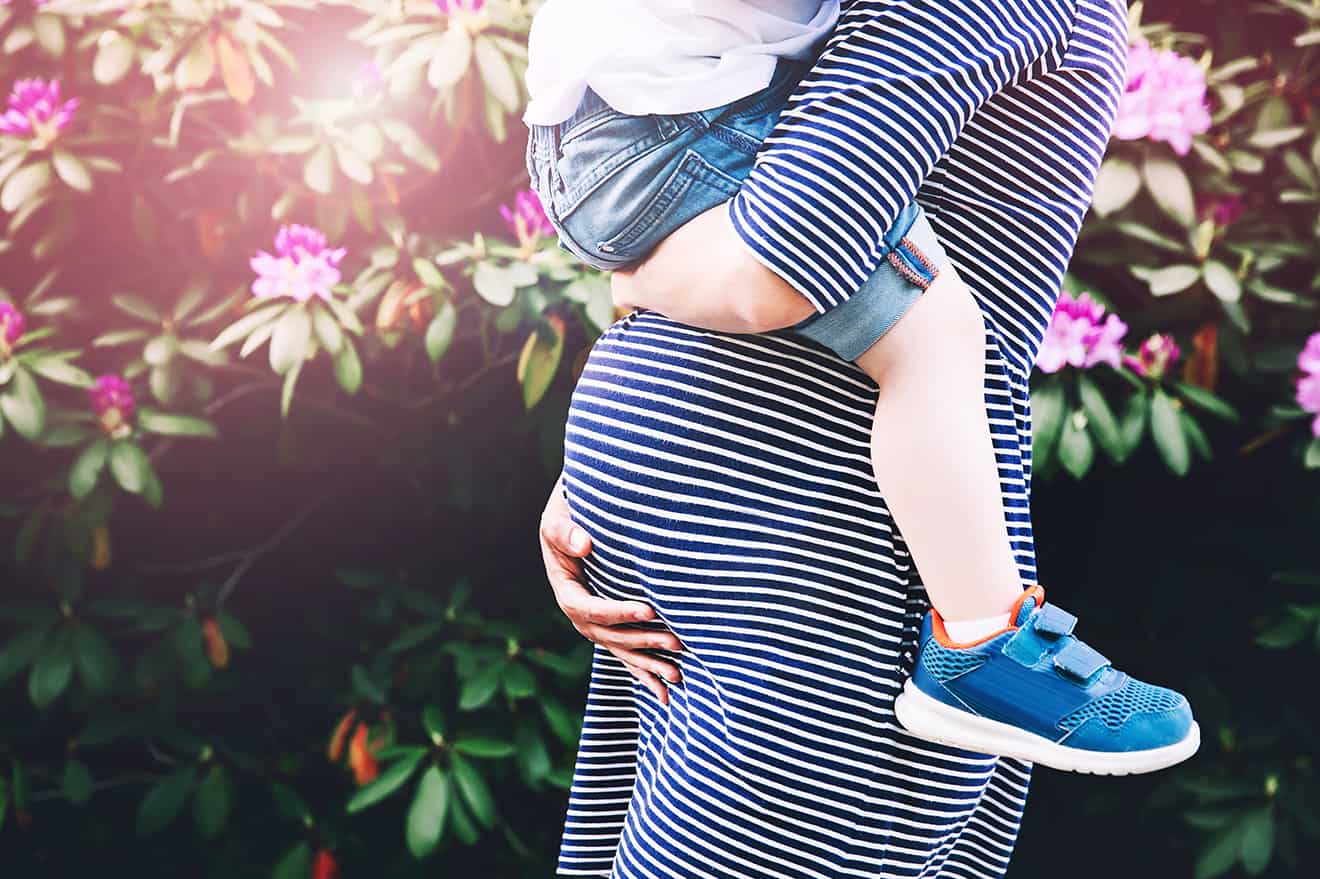21 September 2011
Increasing numbers of women in the UK are postponing plans to have a family. Instead, many women are prioritising a foothold on the property ladder, career progression and consolidation of their financial positions and relationships.
The average age of new mothers in the UK is now 30 years, whilst women are at their most fertile aged 20-25 years. Half of all women undergoing IVF in the UK are over 35 years and functional infertility becomes a reality for many women from around age 40.
Women can struggle to conceive later in life and their journey to parenthood can be difficult and fraught with anxiety and disappointment. Some will also have to face the painful reality that they will never carry a successful pregnancy or have their own biological child (although surrogacy and egg donation can offer hope and can create a much wanted family when natural conception or IVF treatment using their own eggs is no longer a possibility).
As women delay having a family until later in life, this increases the numbers of only children and these offspring are themselves more likely to go on to become older mothers themselves and have only one child of their own. This raises continued concerns about a perceived ‘generation gap’ and a shrinking UK population that has to support ever increasing numbers of retired people.
The effects of these changing social trends on women’s fertility and family building plans in the UK therefore raises important issues. It begs lots of questions, including should we be doing more to preserve women’s fertility and should egg freezing for women be given greater consideration in the UK? Science and technology has moved on and there has been significant improvements in egg freezing techniques over the last three years. Spain has become particularly successful at egg freezing and thawing and in some cases can require as little as five thawed eggs to establish a pregnancy. Egg freezing avoids the creation of frozen embryos (with the ethical concerns this can raise) and can preserve a women’s ability to have a biological child of her own in future or complete her family, when her biological clock may otherwise have run out.
Women face increasingly difficult life choices in the UK, having to balance economic concerns, relationships and the constraints of their biological and fertility clock. For growing numbers of women, having a family is perceived to be the last piece of the jigsaw and this delay may prove fatal in terms of their ability to have or complete their family naturally. Egg freezing may offer some breathing space and hope for women who may otherwise not be able to fulfill their hopes and dreams of having a family, although it raises a number of potentially sensitive issues. Overall, there is still much to be done in the UK to raise awareness of the issues surrounding fertility (and its preservation), infertility and the importance of planning for parenthood.
Need an expert fertility lawyer? If you would like to discuss your family building needs or you would like specialist fertility, surrogacy and family law advice and representation contact Louisa Ghevaert by email louisa@louisaghevaertassociates.co.uk or by telephone +44 (0)20 7965 8399.




